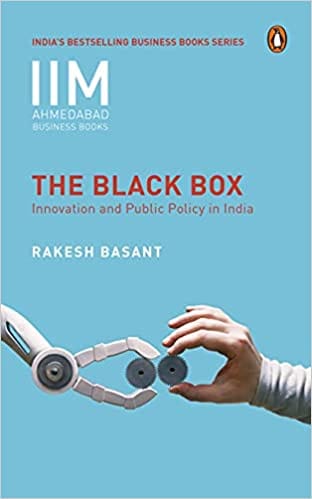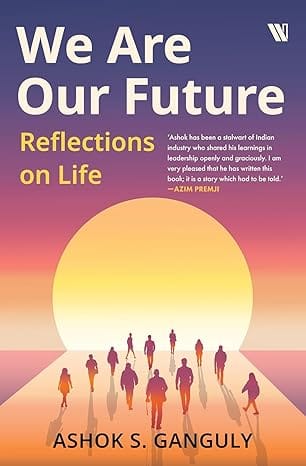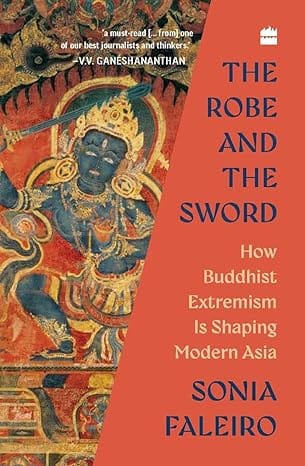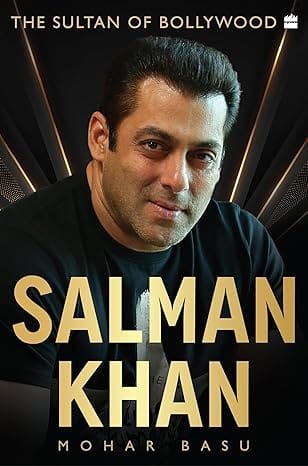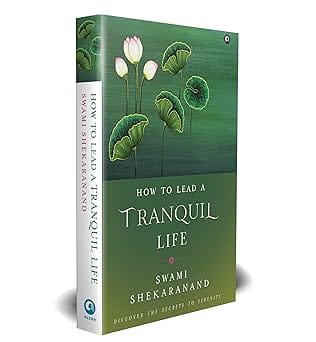- Non-ficton
- Non-ficton
- Contemporary Fiction
- Contemporary Fiction
- Children
- Children
- Comics & Graphic Novels
- Comics & Graphic Novels
- Non-Fiction
- Non-Fiction
- Fiction
- Fiction
What policies should India pursue for fostering innovation? Taking the perspective that all policies that influence technology-related choices of firms should be considered part of innovation policy, the book analyses the impact on innovation of various policies, including those related to industry, trade, R&D, foreign direct investment, intellectual property rights, start-ups and higher education. It brings together conceptual and empirical literature from diverse intellectual streams to analyse the linkages between innovation and public policy. Combining insights from the disciplines of economics and management, the book highlights the complexity of policy choices, identifies certain focus areas and argues for consistency across various policy instruments to create an appropriate environment for innovation in India.
About the Author
- Home
- Non-Fiction
- The Black Box: Innovation and Public Policy in India (IIMA Business Series)
The Black Box: Innovation and Public Policy in India (IIMA Business Series)
SIZE GUIDE
- ISBN: 9780670090822
- Author: Rakesh Basant
- Publisher: Penguin Portfolio
- Pages: 224
- Format: Hardback
Book Description
What policies should India pursue for fostering innovation? Taking the perspective that all policies that influence technology-related choices of firms should be considered part of innovation policy, the book analyses the impact on innovation of various policies, including those related to industry, trade, R&D, foreign direct investment, intellectual property rights, start-ups and higher education. It brings together conceptual and empirical literature from diverse intellectual streams to analyse the linkages between innovation and public policy. Combining insights from the disciplines of economics and management, the book highlights the complexity of policy choices, identifies certain focus areas and argues for consistency across various policy instruments to create an appropriate environment for innovation in India.
About the Author
User reviews
NEWSLETTER
Subscribe to get Email Updates!
Thanks for subscribing.
Your response has been recorded.

India's Iconic & Independent Book Store offering a vast selection of books across a variety of genres Since 1978.
"We Believe In The Power of Books" Our mission is to make books accessible to everyone, and to cultivate a culture of reading and learning. We strive to provide a wide range of books, from classic literature, sci-fi and fantasy, to graphic novels, biographies and self-help books, so that everyone can find something to read.
Whether you’re looking for your next great read, a gift for someone special, or just browsing, Midland is here to make your book-buying experience easy and enjoyable.
We are shipping pan India and across the world.
For Bulk Order / Corporate Gifting
 +91 9818282497 |
+91 9818282497 |  [email protected]
[email protected]
Click To Know More
INFORMATION
QUICK LINKS
ADDRESS
Shop No.20, Aurobindo Palace Market, Near Church, New Delhi

